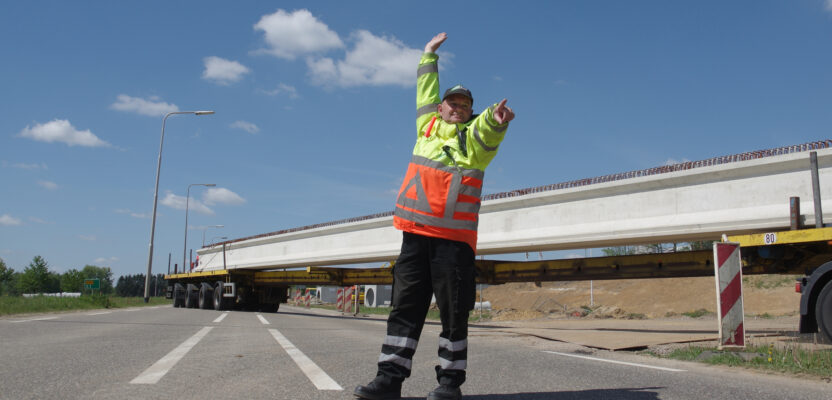Although my professional practice has been limited to California where we have a governing board of registration, I believe that model exists in every state. The mission and vision statements of the California Board of Registration for professional engineers, land surveyors, and geologists are quite succinct:
Mission Statement: We protect the public’s safety and property by promoting standards for competence and integrity through licensing and regulating the Board’s professions.
Vision Statement: A California that leads the nation in protecting the public and environment with competent and ethical professional services by the Board’s licensees.
However, how they carry them out is not so simple. We, licensees, serve as an extension of the board staff, often in state specific exam preparation, but even more often in reporting of potential violations and serving as experts when investigating complaints.
When dealing with another surveyor licensee, the best practice, usually, is to make contact to discuss a possible concern. Even in recording states, one side may have had access to information that the other did not, including parol evidence. I have learned over the years that a discussion of a boundary resolution, even with a trusted peer, can often reveal possible alternative solutions not originally considered.
If the other party is not open to, or available for, discussion, or the conversation doesn’t result in an agreeable outcome, there may be an appropriate next step. Professional practice committees can serve as a mediation party, not as enforcement, but as educational bodies.
Sometimes it may come in the form of peer pressure to “do the right thing,” such as filing a map when required. The last thing anyone wants is to formally file a complaint with the board until all other options have been exhausted. Even then, it is not our place or responsibility to perform the investigation or speculate on the outcome, unless serving for the board in some capacity. Opinions or any other subjective content have no place in the process of filing a complaint. Just the facts.
Somewhere between violations by licensed surveyors and unlicensed practice are the sometimes-blurred lines between professional surveyor practices and those allowed to also be performed by a professional engineer. In California, anything resembling boundary surveying, or showing the relationship to a boundary in any way, say on a topographic map, is exclusive to land surveying. In other areas, the language for both is identical, yet when it comes to using “the principles of photogrammetry” where is that line?
It has been a challenge to keep the language of laws, codes, and regulations current with technology. Does collecting static GNSS data on new points to serve as local control, then submitting the data to NGS via OPUS and getting a NAD83(2011) position returned in minutes from the federal authority constitute the practice of land surveying? I am not sure that I know.
Another area of concern, which seems to have been exacerbated by technology, is that of unlicensed practice. Sometimes, again based on my experience, it is just blatant and intentional defiance, like performing boundary surveys with only some experience and equipment, but no license. Even worse is doing it under a stolen license, which is clearly criminal, if proven.
Because of technology, it can be ignorance, whether choosing to not be informed or not knowing where to get informed. Sometimes it is enabled by service providers that ingest data, perform what appear to be clearly protected practices, and return a survey product to the user. However, that provider may not have a surveyor on staff who is licensed in the state where the work was performed.
In other cases, it may be someone who is very familiar with geospatial data, has a GPS/GNSS unit or UAS, is very software savvy, and simply trying to get some work done. However, if things like setting and positioning ground targets, or establishing control for a project are performed without a licensed surveyor in responsible charge, there is likely a violation.
Again, education is the first step, or should be. However, in these cases, that is often met with resistance, because we are just a “pesky surveyor trying to protect our turf.” In reality, they often don’t even know where our turf is and theirs isn’t.
We need to be the eyes and educators of our profession, but we are not the enforcers. We are bound to know and abide by the laws that govern us, but we are not judge and jury with regards to imparting them on others. When our efforts fail to impart a change in practices, resolve a professional conflict, or open our own eyes to other possibilities, it is time to contemplate what can be a difficult decision. Other times, not so much. In all cases, it is the board which will investigate, weigh the facts against its interpretation of the applicable laws and standard of care, and make a finding.
Unless we are working in an official board capacity, no matter how right we think we are, we are straying out of our professional lane when we attempt enforcement, likely through policy implementation. Of course, in some cases, termination of employment can be an option, especially if an employee is putting your license at risk. That may be more punishment than any official enforcement by the board. Just make sure they don’t steal your stamp when they walk out the door with that final paycheck.
I prefer to do neither, if at all avoidable.

